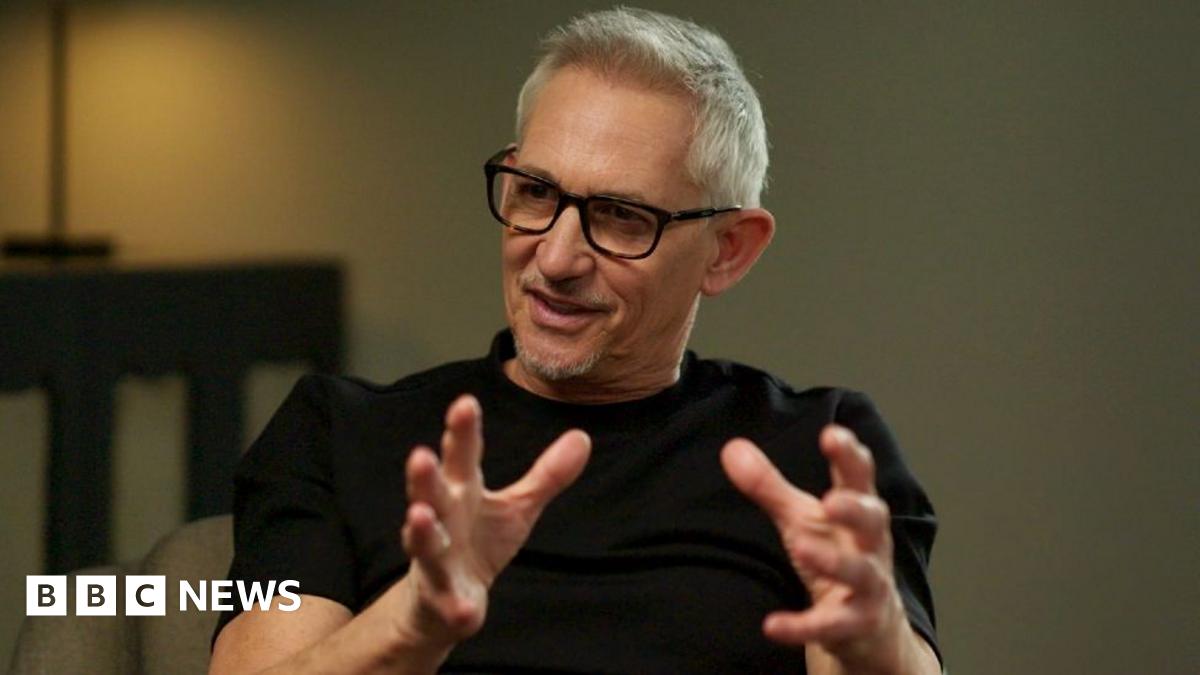Lineker: BBC Wanted Me Gone From MOTD – A Controversial Departure Shakes Up British Broadcasting
Gary Lineker's recent suspension from the BBC's flagship football program, Match of the Day, has ignited a firestorm of controversy, sparking debates about impartiality, freedom of speech, and the future of public broadcasting. The fallout, which saw presenters and pundits boycotting the show in a show of solidarity, has left many questioning the BBC's handling of the situation and the potential ramifications for the future.
The Tweet That Sparked a Media Firestorm:
The controversy stemmed from Lineker's tweet criticizing the UK government's new asylum policy, which he described as "cruel" and compared to the language used by Germany in the 1930s. This prompted immediate backlash, with accusations that Lineker had breached the BBC's impartiality guidelines.
BBC's Response and Lineker's Suspension:
The BBC responded swiftly, suspending Lineker from his presenting duties on Match of the Day. This decision was met with widespread criticism, with many arguing that it represented an attack on freedom of speech and an overreach of the BBC's authority. The BBC defended its action, stating that Lineker's tweet violated its impartiality guidelines.
The Solidarity Walkout:
The suspension sparked a wave of solidarity amongst Lineker's colleagues. Numerous presenters and pundits, including Ian Wright and Alan Shearer, boycotted their scheduled appearances on Match of the Day, resulting in significantly altered broadcast schedules and a diminished program. This unprecedented move highlighted the depth of feeling within the BBC concerning the handling of Lineker's case.
The Impartiality Debate:
The incident has reignited the ongoing debate about impartiality in broadcasting. While the BBC maintains a strict code of conduct regarding political commentary, critics argue that the suspension sets a dangerous precedent, potentially stifling free expression and diverse viewpoints. The discussion extends to the question of whether the BBC's impartiality guidelines are appropriately applied and whether they adequately reflect the nuances of modern social and political discourse.
What Happens Next? The Future of Lineker and the BBC:
The future remains uncertain. Negotiations are ongoing between Lineker and the BBC to find a resolution. The incident has raised serious questions about the relationship between the BBC and its high-profile presenters, the future of its sports programming, and the broader implications for freedom of speech within the context of public broadcasting.
Key Takeaways:
- Freedom of Speech vs. Impartiality: The Lineker case highlights the complex interplay between freedom of speech and impartiality guidelines in public broadcasting.
- Solidarity and the Power of Collective Action: The presenter walkout demonstrated the significant impact of collective action in response to perceived injustices.
- The Future of the BBC: The controversy raises questions about the BBC's future direction and its ability to navigate evolving social and political landscapes.
- Public Opinion and Accountability: The intense public reaction to Lineker's suspension underscores the importance of public accountability for broadcasting organizations.
This situation continues to unfold, and we will provide updates as they become available. What are your thoughts on this controversial situation? Share your opinions in the comments below.
Related Keywords: Gary Lineker, BBC, Match of the Day, impartiality, freedom of speech, political commentary, broadcasting, controversy, UK government, asylum policy, presenter boycott, public broadcasting.

